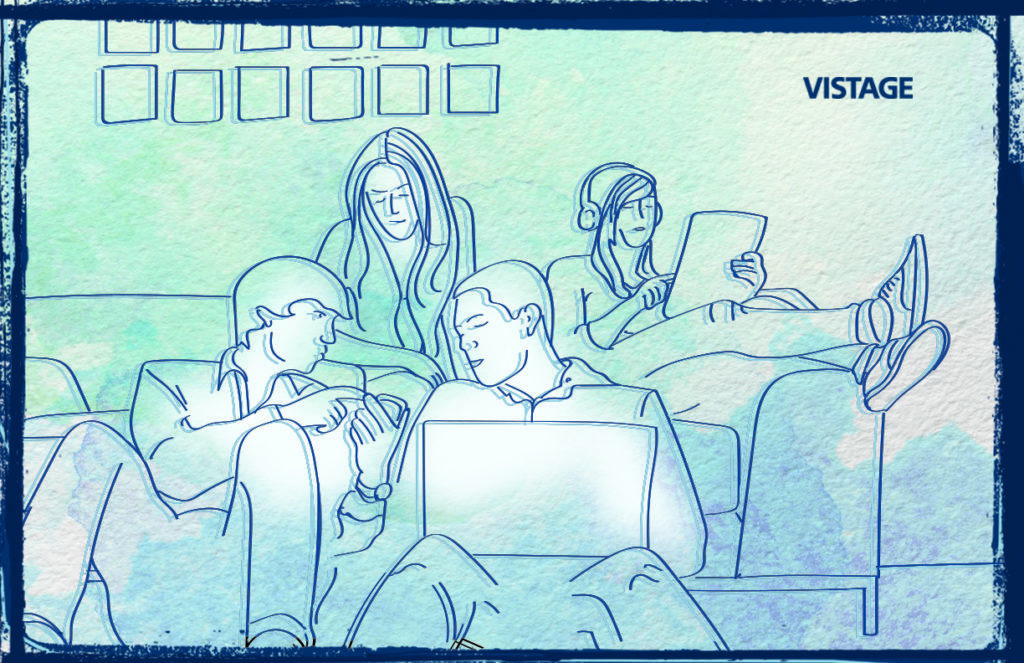So Who Really Invented Peer Advisory Groups?

If someone were to ask you who invented X, Y or Z, and you guessed Ben Franklin, odds are you could be right. Turns out, he may have some claim to the invention of the modern day peer advisory group as well. According to the PBS documentary about his life: “In 1727, Franklin organized a group of friends to provide a structured forum for discussion. The group, initially composed of twelve members, called itself the Junto.
claim to the invention of the modern day peer advisory group as well. According to the PBS documentary about his life: “In 1727, Franklin organized a group of friends to provide a structured forum for discussion. The group, initially composed of twelve members, called itself the Junto.
“The members of the Junto were drawn from diverse occupations and backgrounds, but they all shared a spirit of inquiry and a desire to improve themselves, their community, and to help others. Among the original members were printers, surveyors, a cabinetmaker, a cobbler, a clerk, and a merchant. Although most of the members were older than Franklin, he was clearly their leader. The Junto’s Friday evening meetings were organized around a series of questions that Ben devised, covering a range of intellectual, personal, business, and community topics. These questions were used as a springboard for discussion and community action. In fact, through the Junto, Franklin promoted such concepts as volunteer fire-fighting clubs, improved security (night watchmen), and a public hospital.”
In Franklin’s autobiography, he described the formation of the group this way: “…in the autumn of the preceding year, [1727] I had form’d most of my ingenious acquaintance into a club of mutual improvement, which we called the Junto; we met on Friday evenings. The rules that I drew up required that every member, in his turn, should produce one or more queries on any point of Morals, Politics, or Natural Philosophy, to be discuss’d by the company; and once in three months produce and read an essay of his own writing, on any subject he pleased. Our debates were to be under the direction of a president, and to be conducted in the sincere spirit of inquiry after truth, without fondness for dispute or desire of victory; and to prevent warmth, all expressions of positiveness in opinions, or direct contradiction, were after some time made contraband, and prohibited under small pecuniary penalties.” The Junto group would go on to become The American Philosophical Society, which is still in existence today.
So is Ben Franklin the father of the modern peer advisory group or simply one of its many descendants? If you have any examples you’d like to share, we’d love to read them.
Category: Personal Development
Tags: peer advisory

